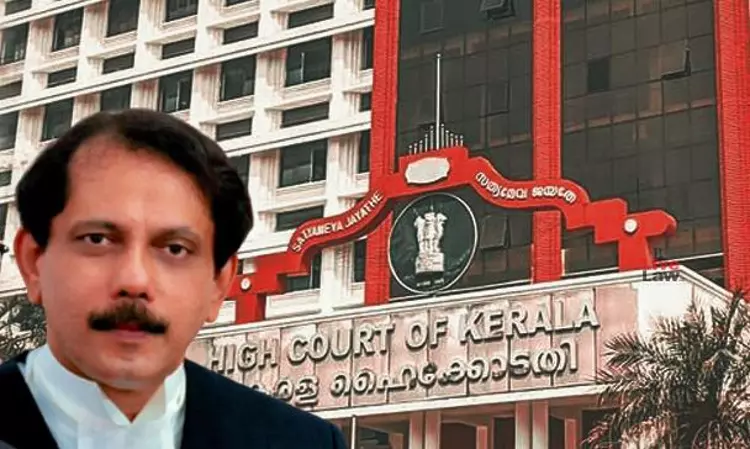Failure To Question Accused U/S 313 Cr.P.C. Vitiates Entire Proceedings: Kerala High Court
Navya Benny
13 Oct 2023 7:18 PM IST

Next Story
13 Oct 2023 7:18 PM IST
The Kerala High Court on Monday laid down that the failure to question an accused under Section 313 (1) (b) of Cr.P.C. would vitiate the entire proceedings. Section 313 (1)(b) states that "in every inquiry or trial, for the purpose of enabling the accused personally to explain any circumstances appearing in the evidence against him, the Court shall, after the witnesses for the prosecution...
